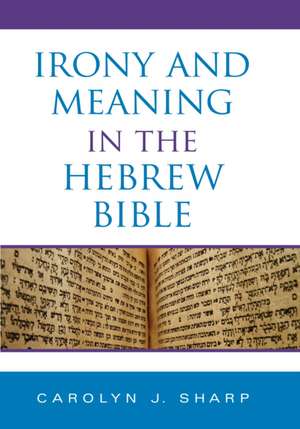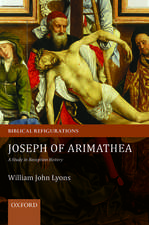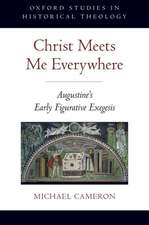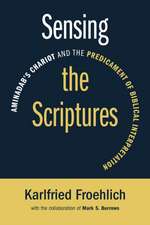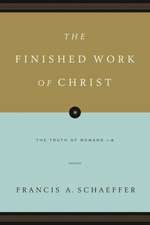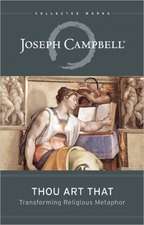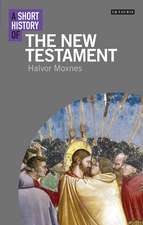Irony and Meaning in the Hebrew Bible: Biblical Literature
Autor Carolyn J. Sharpen Limba Engleză Hardback – 22 dec 2008
Preț: 261.79 lei
Nou
Puncte Express: 393
Preț estimativ în valută:
50.10€ • 52.11$ • 41.36£
50.10€ • 52.11$ • 41.36£
Carte tipărită la comandă
Livrare economică 14-28 aprilie
Preluare comenzi: 021 569.72.76
Specificații
ISBN-13: 9780253352446
ISBN-10: 0253352444
Pagini: 376
Dimensiuni: 152 x 229 x 15 mm
Greutate: 0.61 kg
Editura: MH – Indiana University Press
Seria Biblical Literature
ISBN-10: 0253352444
Pagini: 376
Dimensiuni: 152 x 229 x 15 mm
Greutate: 0.61 kg
Editura: MH – Indiana University Press
Seria Biblical Literature
Cuprins
Preface and Acknowledgments; Introduction1. Interpreting Irony: Rhetorical, Hermeneutical, and Theological Possibilities: Irony and Contemporary Methodological Debates / Method: Multiaxial Cartography / Leaving the Garden: The Wisdom of Irony; 2. Foreign Rulers and the Fear of God: Pharaoh and Abimelech as Innocents Ensnared / "Am I in the Place of God?": Joseph the Pretender / Belshazzar, Darius, and Hermeneutical Risk-taking / The Ending of Esther and Narratological Excess; 3. The Prostitute as Icon of the Ironic Gaze: Tamar the Righteous / Rahab the Clever / Jael the Bold / Gomer the Beloved / Ruth the Loyal; 4. The Irony of Prophetic Performance: Oracular Indeterminacy and Dramatic Irony in the Story of Balaam / Hermeneutics of De(con)struction: Amos as Samson Redivivus / Contested Hermeneutics and the Undecidability of Micah 2:12-13 / Irony as Emetic: Parody in the Book of Jonah; 5. "How Long Will You Love Being Simple?" Irony in Wisdom Traditions: Ironic Representation, Authorial Voice, and Meaning in Qohelet / Rereading Desire as Doublespeak in Psalm 73; 6. Conclusion: Irony and Scriptural Signifying / Leaving the Garden Again: New BeginningsBibliography; Index of Biblical Passages; Author Index; Subject Index
Recenzii
"Careful readers must be especially attentive to the possibilities the biblical texts mean otherwise than what they say." Mark Minster, Rose-Hulman Institute of Technology"[Sharp] negotiates between a modernist and post-modernist understanding of the biblical text, taking authorial intent seriously while attending to textual self-subversion." Steven Weitzman, Indiana University
Notă biografică
Descriere
A sophisticated, provocative reading of the Hebrew Scriptures
